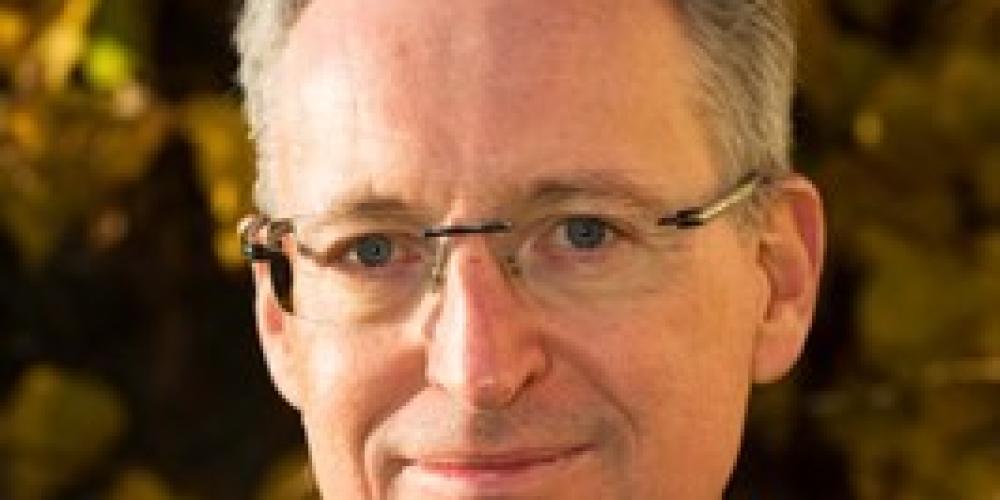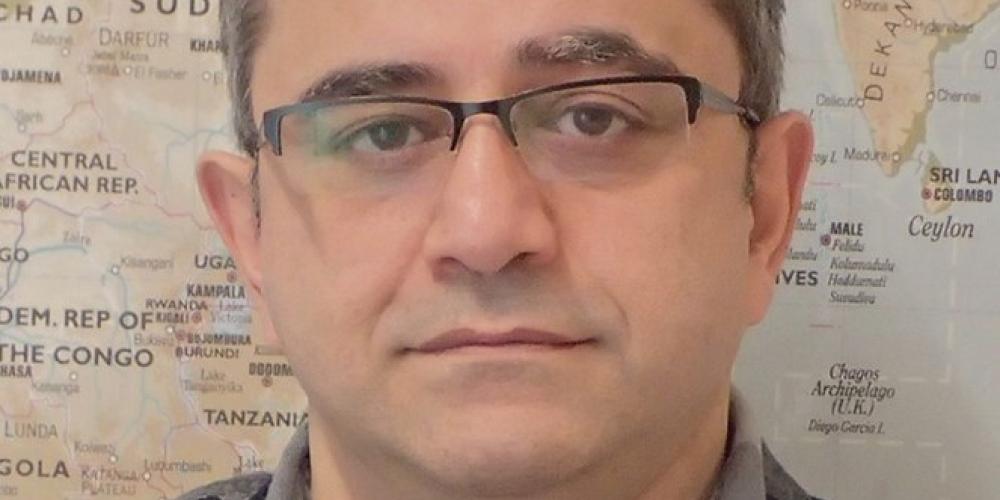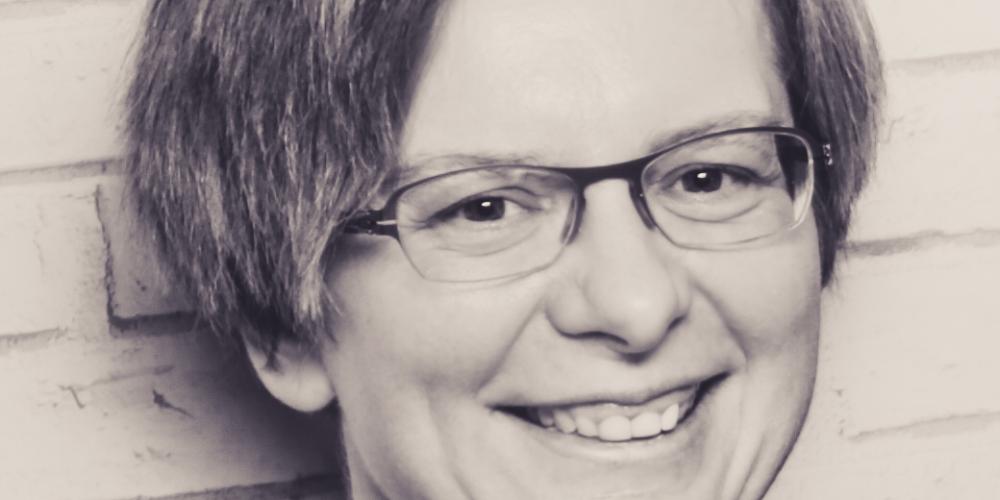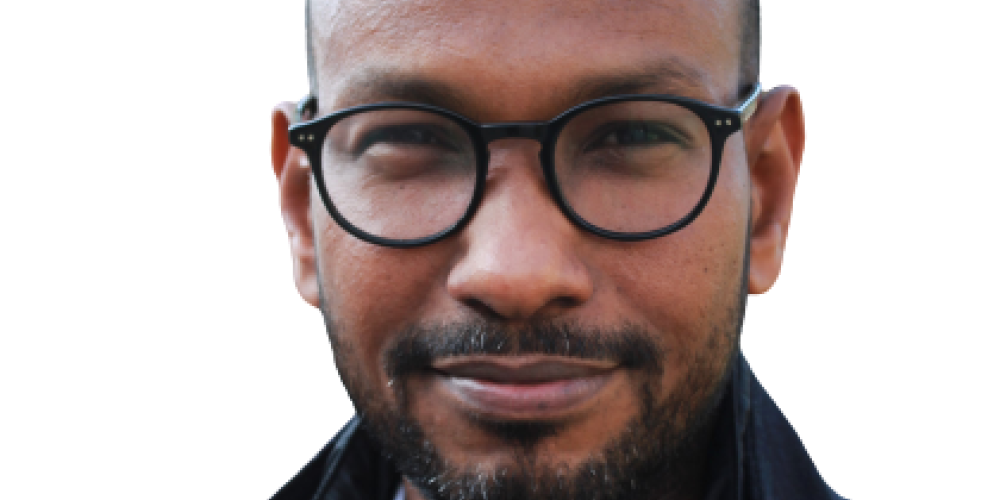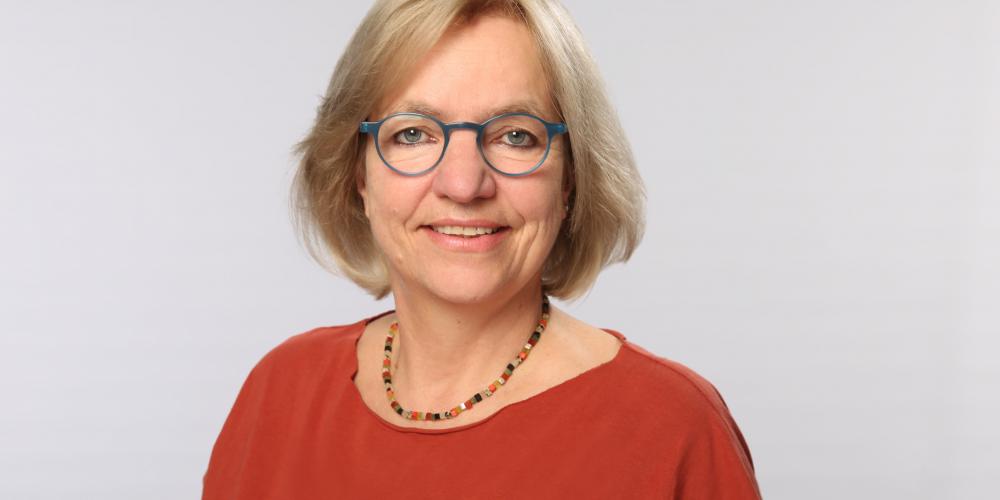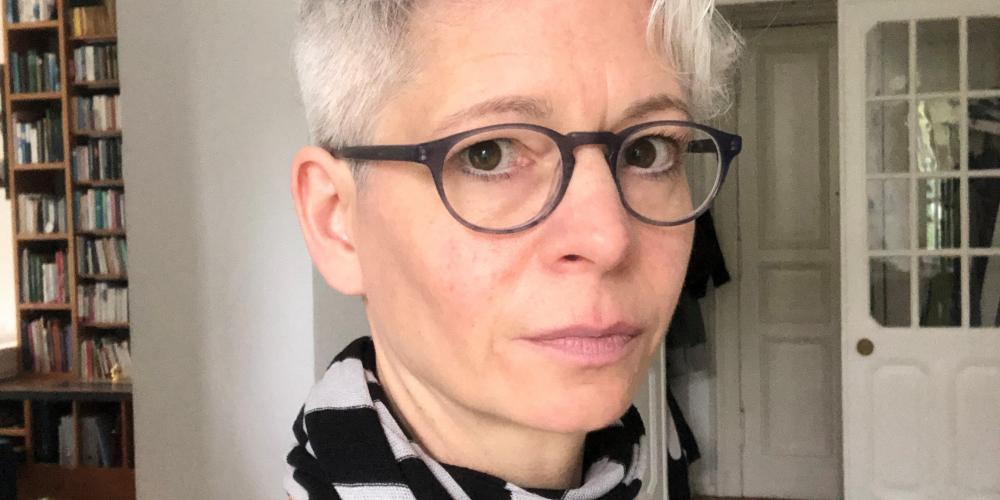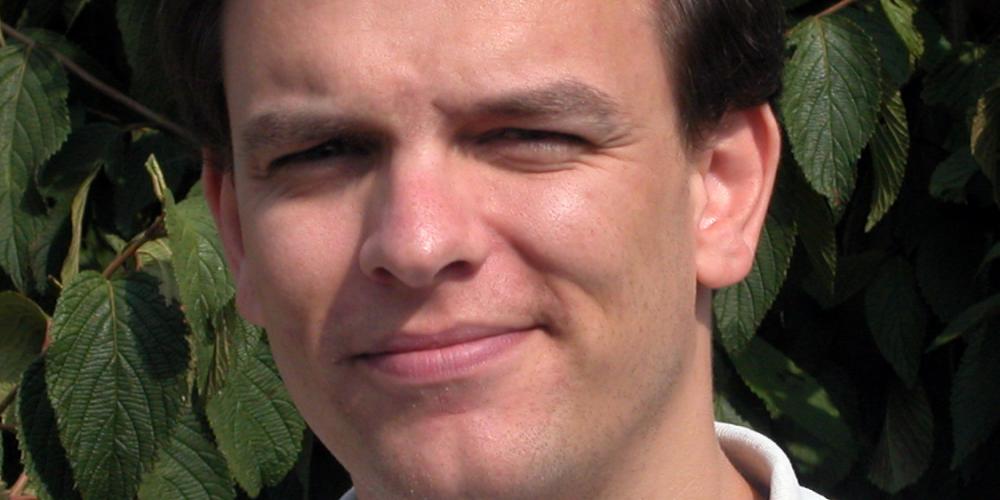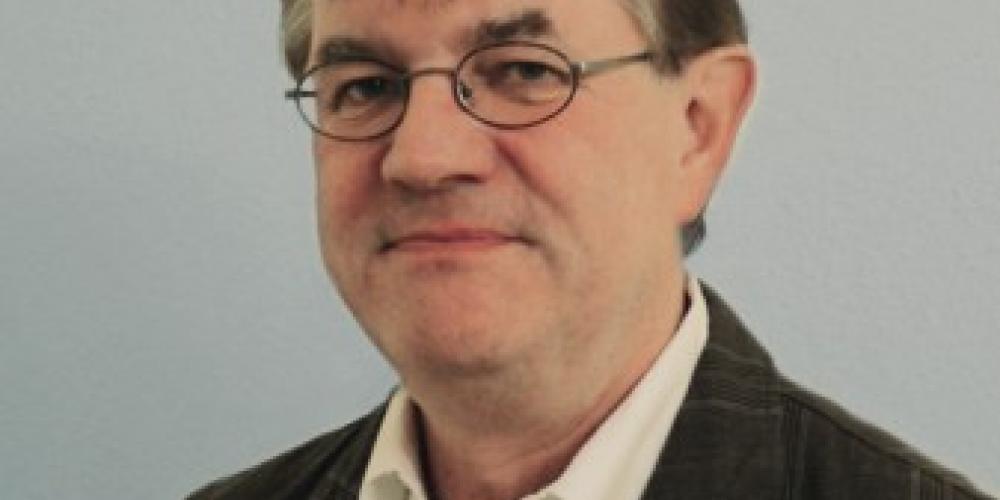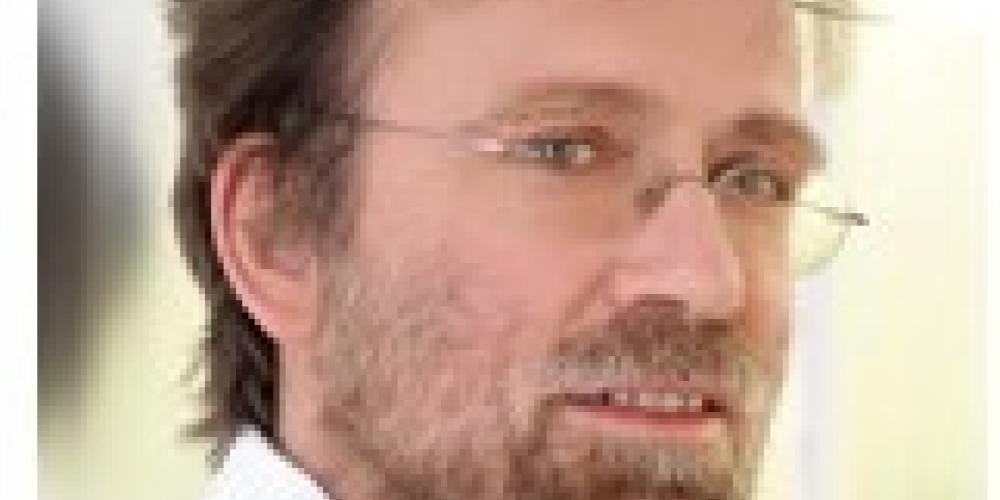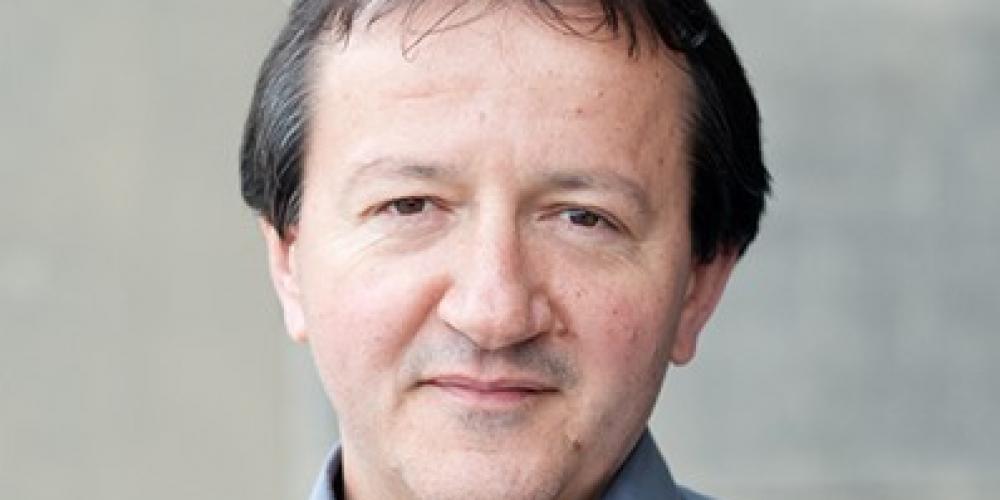Agriculture & Food
Prof. Peter H. Feindt and his research team focus on the transformation of agricultural and food systems towards sustainability, resilience, and fairness. To do this, we analyze the design and impact of individual policy instruments, policy mixes, and more comprehensive political and societal governance strategies. We employ qualitative, quantitative, and participatory-interactive methods. Prof. Feindt has extensive experience in research on agricultural, environmental, and technology policy, sustainability transformations, and the resilience of agricultural systems.
- Consulting for public authorities, NGOs, and industry associations in the agricultural and food sectors
- Analysis of governance structures and policy-making
- Development of strategies for improving governance and policy designs
- Conducting workshops to analyze and resolve transformation conflicts in the agricultural and food sectors
- Continuing education offerings in the areas of agricultural and food policy
Prof. Feindt and his team have already conducted extensive projects for federal and state ministries, the European Commission, and various associations. He is also the Chairman of the Scientific Advisory Board for Biodiversity and Genetic Resources at the Federal Ministry of Food and Agriculture, a member of the Scientific Advisory Board for Agricultural and Food Policy at the same ministry, a member of the German Bioeconomy Council, and a member of the board of the German Alliance for Agricultural Research (DAFA).
State of Berllin
Berlin Senate Administration
Public authorities and associations
PD Dr. Mohsen Makki and his research group Soil Geography and Geomorphology have been dealing with soil-forming processes and properties of soils in urban areas for about two decades.
The scope of work includes all types of anthropogenically influenced sites (e.g. military sites, airports) that have been transformed by humans in the course of urban development, and natural soils. A main focus has been and will be the integration of the results of the soil investigations into soil protection concepts and landscape design measures with regard to climate change and other urban and landscape planning development concepts.
The working group continues to participate in geoarchaeological projects and supports non-university partners in the development of systems as well as substrates for vertical farming and green roofs. Regional focal points of research are the metropolitan region Berlin/Brandenburg, Italy, West and Central Asia.
- Soil-sedimentological and geomorphological expertise
- Soil-scientific site evaluation of urban and rural soils according to BBodSchG and BBodSchV
- Geoarchaeological site evaluation
- Creation of soil experience paths
- Creation of soil substrates for vertical farming and indoor farming
- Grain size analysis by means of Beckman-COULTER and Köhn apparatus
- Standard soil analyses (humus content, pH-value, lime content, electrical conductivity)
- Temperature-dependent determination of carbon content by loss on ignition
- Measurement of nutrient and heavy metal contents in soils and sediments according to DIN and VDLUFA, measurement by ICP-OES
- Soil science investigations in the Berlin/Brandenburg metropolitan region (Tempelhof Airport, Tegel Airport, Parks Range, Teufelsberg, etc.)
- Development of a pedological mapping guide for the state of Berlin
- Preparation of pedological reports for the Berlin Senate Administration
- Site analyses for public authorities and associations
Prof. Kaufmann's research and that of her research group is concerned with the molecular mechanisms of gene regulation in plants. Plant developmental processes require coordinated changes in the activity of a large number of genes in the nucleus. These are controlled by specific transcription factors interacting with epigenetic regulators. We are investigating the molecular modes of action and gene regulatory networks of these regulatory proteins.
In addition, Kaufmann and her team are interested in environment-independent variation, and evolutionary changes in these networks. In addition, there is interest in the molecular mechanisms that control the activities of genes during development, using a combination of epigenomics, proteomics, and classical genetics. Their model system is flower development. By combining experimental and computational analyses, the team aims to understand multicellular development at the systems level.
- molecular biological, biochemical and genetic approaches e.g. ChIP-seq, SELEX-seq, protein complex isolation, gene expression studies and classical genetics
PD Dr. Siddig is interested in studying the trade-offs and synergies between the production and use of water, energy, and food in developing countries as influenced by climate, population, and policy, including distributional, economic, and regional impacts.
Geographically, his research focuses on Africa and the Middle East. Methodologically, he relies largely on economy-wide simulation models, with CGE models leading the way (including ind GAMS and Gempack). In addition, Dr. Siddig works on capacity development in the area of database development and on policy simulation modeling in a development context.
-
Computable General Equilibrium (CGE) modeling and macroeconomic analysis in GAMS and Gempack
-
Social Accounting Matrix
-
Policy modeling
-
Development of training materials and training of groups and individuals
-
Mastery and experience in developing and training developers of social accounting matrices (SAMs) and GTAP-ready input-output tables (IOTs)
- Entwicklung und/oder Schulung von Entwicklern von SAMs und/oder IOTs für Sudan, Ägypten, Israel, Palästina, Benin, Kenia, Chile, Armenien und Nigeria
In the course of her research at the Humboldt University, Dr. Neubert deals with land use, the different models, possibilities, challenges and questions that go along with it. She and her team can be described as Land Use Specialists.
Dr. Neubert leads research projects and teaches in the areas of: Rural and agricultural development, water resources management, climate change adaptation. Development and implementation of the participatory impact assessment method: MAPP.
- Trainings and consultations on topics such as: "International Cooperation for Sustainable Development".
NaTiMon (BMEL)
PanSens ( Agricultural Pension Bank) with dropnostix GmbH
Professor Hillman's research focuses on the influence of husbandry conditions and management practices on the welfare of farm animals. Her research in the area of animal welfare ranges from the validation of animal welfare indicators, including animal health, to the practical implementation of animal welfare measures.
Hillmann and her team concentrate on animal behavior. In addition, they use information on animal health, such as (stress)-physiological variables and economically relevant characteristics (e.g., meat quality).
Ethical and legal considerations also play a role in her research. However, practical problems in animal husbandry are in the foreground. Besides classical behavioral observations, often with the help of video recordings, stress-physiological, clinical and cognitive parameters are added, but also techniques for automated recording of animal behavior.
Many problems in animal husbandry are related to a disturbance in behavioral control. Professor Hillmann's basic research in behavioral control thus also leads to solutions of practically relevant behavioral problems in farm, pet, laboratory, and zoo animals. Such solutions work at the roots of the problems because they are based on causal understanding of the underlying control mechanism.
In both application and basic questions, the measurement and consideration of the animals emotion plays a critical role as a component in the control of behavior, as well as in relation to their welfare.
Her research thus moves in the area of tension between scientific/clinical basic research, application and questions from the fields of agricultural economics and social sciences.
- Equipment for behavioral observation (video/3D acceleration)
-
NaTiMon (BMEL): Development of basic principles for regular, indicator-based monitoring and reporting on the status of animal welfare of sheep and goats in Germany, as well as its change over time. This animal welfare monitoring is intended to take into account the various dimensions of animal welfare at the relevant stages of the animals' lives (husbandry, slaughter, transport)
-
PanSens ( Agricultural Pension Bank): The object of the sub-project is the application of the reference system for standing and lying times, the basic validation of the parameters movement activity and standing and lying times, and the scientific monitoring of the development work and the iteration for the detection of specific cow diseases. Practice partner: dropnostix GmbH
- Education and training for animal experimenters (selective)
H. Lorberg Baumschulerzeugnisse GmbH & Co. KG, Bein GmbH, Bayer Crop Science, XEROFLOR
Prof. Ulrichs is an expert in the field of ecophysiology of plants with a special focus on plants in urban spaces. His team studies processes, which determine plant growth, e.g. stress exposure in an urban environment. The emphasis of his research lies on the analysis of the secondary metabolite balance (incl. its nutritional function), substance allocation, competition and plant-insect interaction. Prof. Ulrichs other major field of expertise is the quality assurance in food supply chains of horticultural products, especially for perishable foodstuffs like fruits and vegetables in temperate zones as well as in tropical/subtropical regions.
- molecular methods
- in-vitro propagation
- HPLC
- GC/MS
- electroantennogram studies
- trace gas analysis using photoacoustic spectroscopy
- German specialty chemicals group: development of nanostructured plant protection agents
- H. Lorberg Baumschulerzeugnisse GmbH & Co. KG (tree nursery): selection of climate-tolerant boulevard trees (Alleebaum)
- Bein GmbH: development of electrostatic application processes of nanostructured elements
- Bayer Crop Science: biosensors to prove the existence of plant viruses
- XEROFLOR: development of vegetation carriers to prevent soil erosion in the Alps
G.F. Schreinzer Positronik, Steinbeis GmbH & Co. KG, Steinbeis GmbH & Co. KG, Pronova Analysentechnik GmbH & Co. KG, newtec Umwelttechnik GmbH
Biosystems engineering works at the interface between engineering and biological production processes. Prof. Schmidt and his team develop engineering solutions for a sustainable agricultural production of crops and other environmental friendly technologies. Prof. Schmidt’s research thus leads to innovative plant farming methods in greenhouses, outdoors and other intensive crop farming systems. Alternative energy supply systems (low energy greenhouses) and closed material cycles for intensive crop farming (water hygiene, sensor systems and algorithms for fully automated nutrient solution supply in closed cycles) are Prof. Schmidt’s research area. His main activity herein is the development of sensors for gas analyses, climate measurement technology and that of software supporting decision making in automation systems. Moreover, the team also provides energetic assessments in complete production systems and parts thereof as well as process analyses.
- Experimental greenhouses with energy and material flow analytics, CO2 enrichment, artificial lights and fog systems
- Plant monitors for continuous measurement of photosynthesis, transpiration, tissue temperature, stomatal conductance, climate measurement, gas analyses (Co2, ethylene), soil moisture sensors
- Freely programmable automation system for climate and process control in greenhouses
- G.F. Schreinzer Positronik, Steinbeis GmbH & Co. KG: Development of an automation system for greenhouses based on measurement details of plants (Phytocontrol)
- Steinbeis GmbH & Co. KG: National collaborative research project „The Low Energy Greenhouse“ („Zukunftsinitiative Niederigenergiegewächshaus“, ZINEG)
- Pronova Analysentechnik GmbH & Co. KG: Development of ionselective sensors for continuous recording of ion proportion in circulating nutrient solution systems; Development of measuring device to analyse phytometric reactions in plants
- newtec Umwelttechnik GmbH: Development of re-circulating irrigation system with reduced phytosanitary risk in greenhouses
Prof. Grimm and his team mainly investigate the metabolic control of tetrapyrrole biosynthesis and photosynthesis. They also do research on the regulation of sucrose transport in plants. The plant science team is interested in studying the unique properties and functions of plant cells, such as intracellular communication between the nucleus and the two main plant organelles, plastids and mitochondria. Prof. Grimm’s group applies several experimental methods and techniques from the areas of biochemistry, genetics, molecular and cell biology in their research and in the training programs for students and young academics.
The Plant Physiology group provides all necessary equipment and instrumentation for plant growth and molecular genetics, biochemical and physiological work:
- S1 greenhouse
- growth cabinets for Arabidopsis
- radionuclide laboratory
- HPLC equipped with diode array and fluorescence detector
- FPLC
- fluorescence spectrometer
- microtiter plate reader (w/ fluorescence detection)
- UV/Vis photometer • PAM-2000 fluorometer
- LI-COR photosynthesis device
- fluorescence microscope
- ultracentrifuges and high speed centrifuges including rotors
- clean benches
- incubators for growth of genetically modified bacteria and yeast
- several PCR machines, e.g. microplate readers and PCR light cycler
- confocal laser scanning microscope (CLSM)
- Oil mills: pigments in rapeseed oil
- Food-producing corporation: postharvesting treatment and storage of leafy greens
- Pharmaceutical group: vitamin synthesis and content in plants
zebris Medical GmbH, myon AG, Simi Reality Motion Systems GmbH
Prof. Arampatzis and his Department of Training and Movement Sciences are dealing with the interaction of the neural and musculoskeletal system in research and teaching. Of special interest for Prof. Arampatzis is the adaptation of the neural and musculoskeletal system by mechanical stress and its influence on human performance as well as motor control and motion security. Through an integrative approach of biomechanics, physiology and neuroscience, consequences for athletes and for people with degenerative changes of the neural and musculosceletal systems will be deduced. The main research focus of the department is on quantifying and changing the neuro-biomechanical potential of humans and on the investigation of its influence on the mobility in everyday life and sports. Considering this, the department also investigates the role of sports activities in order to prevent accidents and to preserve the quality of life for the elderly and people with chronic diseases.
The departments offers three large laboratories with modern sports science equipment:
- Motion Analysis Laboratory with a VICON system including twelve cameras and three AMTI force plates. Both the foundations of the force platforms as well as the camera mounts are decoupled from the sports ground of the laboratory to prevent the transmission of vibrations.
- Force Diagnostic Laboratory with DAVID and Technogym strength diagnostics equipment for all major muscle groups
- EMG laboratory with a Biodex System-3 and an Esaote ultrasound machine, which is used to study the muscle-tendon plasticity. To control the joint angle at the Biodex camera, mounts are available for installing eight VICON cameras. A large LCD-Screen provides the possibility for biofeedback. All labs are air-conditioned and are equipped with an uninterruptible power supply and complete darkening.
- zebris Medical GmbH: evaluation of pressure distribution measurements in treadmills
- myon AG: evaluation of a wireless electromyography system aiming to quantify muscle activation
- Simi Reality Motion Systems GmbH: evaluation of a 3D motion capture system designed to analyse complex human movements
